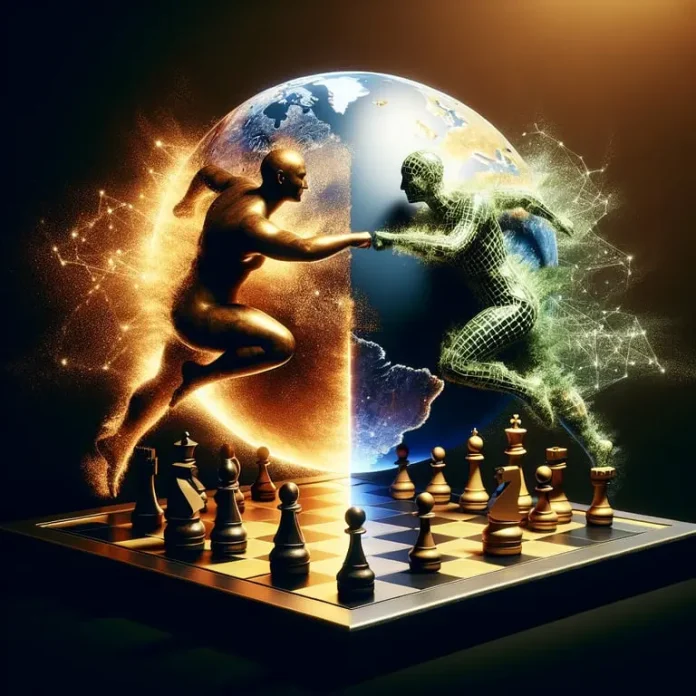China’s Premier, Li Qiang, has announced plans to lead the creation of a new international organisation for artificial intelligence (AI). The goal is to encourage joint development and ensure the technology does not remain in the hands of only a few countries or companies.
Speaking at the World Artificial Intelligence Conference in Shanghai, Li said AI poses global risks. These include job losses and economic disruption. According to him, such risks require collective action and cooperation among nations.
Although he avoided naming specific countries, Li’s comments come amid rising tensions between China and the United States. Washington has introduced measures to limit China’s access to advanced technologies, including restrictions on key Nvidia chips essential for AI development.
A push for shared development and talent exchange
Li also highlighted a key challenge: China’s limited access to advanced semiconductors. Despite this, he reaffirmed President Xi Jinping’s call for strong policy support to accelerate domestic tech development.
To support this aim, China will help form a new body tentatively called the World AI Cooperation Organisation. This group will promote knowledge sharing and talent exchange among participating countries.
“Right now, key resources and capabilities are held by a small number of countries and companies,” Li said. “If we allow monopolies, controls and restrictions to dominate, AI may become an exclusive tool for the few.”
US-China competition fuels AI race
China and the US continue to compete for global leadership in AI. The technology could bring major economic benefits and shift the global balance of power in the long term.
Earlier this week, US President Donald Trump signed executive orders to loosen regulations and boost energy access for data centres. This move aims to help American firms, such as OpenAI and Google, maintain a lead in the sector.
At the same time, Chinese tech companies and startups are ramping up efforts. Inspired by the success of platforms like DeepSeek, they are releasing open-source models, robots and AI agents. These developments aim to set global standards and expand China’s market share.
Additionally, they align with Beijing’s strategy to reduce reliance on foreign technology and build self-sufficiency in critical sectors.
Shanghai summit highlights international support
The Shanghai conference, now in its sixth year, has grown into a major event for global technology leaders. This year’s edition is expected to set attendance records, as it comes at a turning point in global AI development.
Notable guests already attending include Nobel Prize laureate Geoffrey Hinton and former Google CEO Eric Schmidt. Both met with Shanghai Party Secretary Chen Jining ahead of their scheduled talks at the event.
Li also noted China’s intent to promote AI growth in the Global South. This includes partnerships with countries such as Brazil and several across Africa.
Eric Schmidt echoed Li’s call for international cooperation. “The benefits are enormous,” he told the audience. “As the world’s two largest economies, the US and China must work together. We share an interest in keeping the world peaceful, stable, and in human control of AI tools.”
